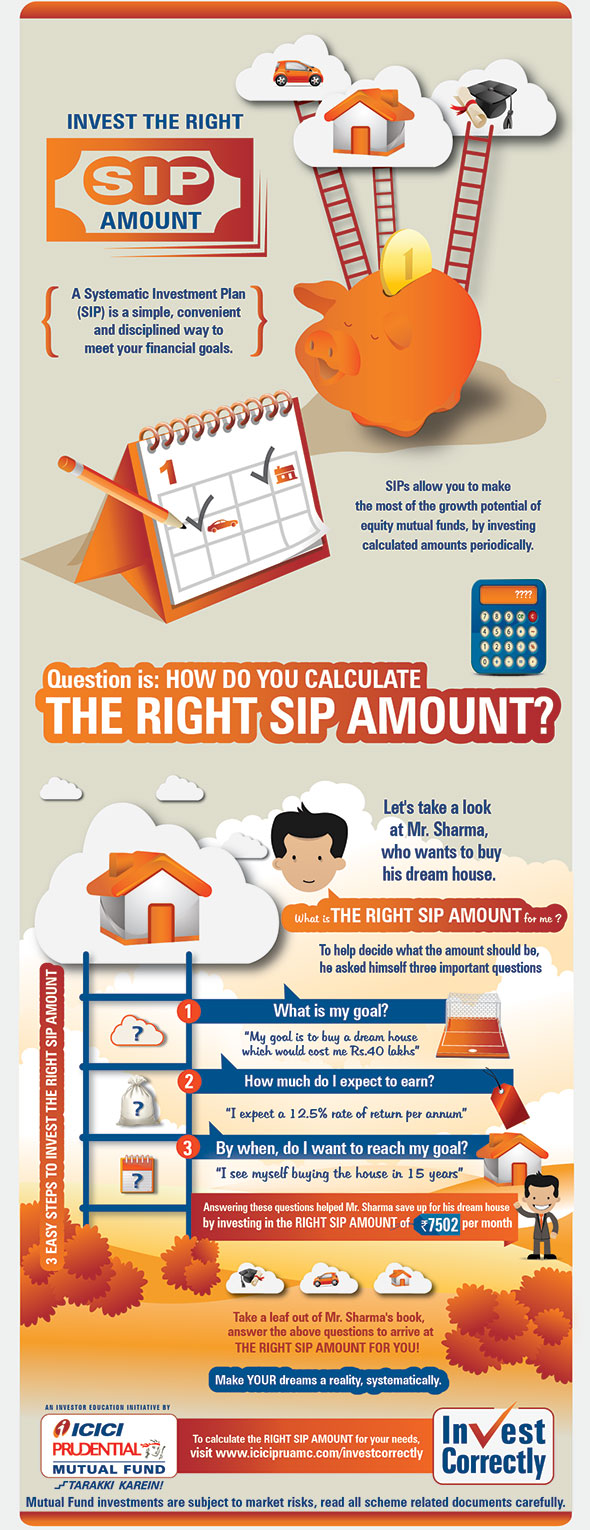The Consequences Of Stopping Working To Meet Performance Bond Obligations
The Consequences Of Stopping Working To Meet Performance Bond Obligations
Blog Article
Material Composed By-
When a guaranty issues a performance bond, it assures that the principal (the event who acquires the bond) will certainly accomplish their obligations under the bond's terms. If the primary stops working to fulfill these responsibilities and defaults on the bond, the guaranty is accountable for covering any losses or problems that result.
1. Loss of track record: Back-pedaling a performance bond can damage the principal's credibility and credibility, making it more challenging to secure future company or financing.
2. Legal and management expenses: The surety might require to pay lawful and administrative prices related to seeking the principal for problems or trying to correct the circumstance.
3. Economic losses: The guaranty may need to cover the expense of finishing the task or supplying the services that the principal failed to supply. This can cause substantial monetary losses for the guaranty.
4. Increased premiums: If the principal has a background of defaulting on efficiency bonds, they may be required to pay higher premiums in the future to acquire the needed bonding.
On the whole, defaulting on a performance bond can have major monetary effects for both the principal and the guaranty. It's important for principals to carefully consider their obligations and guarantee they have the ability to meet the regards to the bond to stay clear of these adverse end results.
Defaulting on an efficiency bond can be a costly misstep for services. When you fail to satisfy the bond's obligations, the monetary effects can be significant. From paying Read the Full Write-up to possible lawful fights and damaged relationships, the consequences can resound throughout your company operations. Comprehending the detailed web of monetary influences that back-pedaling a performance bond can have is vital for protecting your business's economic wellness and credibility.
Financial Penalties for Defaulting
If you back-pedal an efficiency bond, you'll likely deal with considerable financial penalties. These charges can differ relying on the terms of the bond agreement yet often involve paying the bond quantity completely to the obligee. This indicates that if you fall short to accomplish your legal responsibilities, you need to pay the bond total up to the job proprietor or the entity that called for the bond.
In addition, you might additionally be accountable for any kind of additional costs sustained by the obligee due to your default, such as locating a substitute contractor or covering task hold-ups.
Defaulting on a performance bond can also cause lawful charges and court costs if the obligee makes a decision to take lawsuit versus you to recover the bond quantity. These costs can rapidly build up, further intensifying the financial influence of your default. It's vital to very carefully examine and understand the regards to the performance bond to avoid these severe punitive damages.
Effect On Organization Capital
Back-pedaling a performance bond can significantly influence your business capital, affecting monetary security and functional abilities. When bid bond -pedal an efficiency bond, you run the risk of shedding the bond amount, which can be a significant sum. This loss straight influences your cash flow, as you'll require to find alternative sources of moneying to cover the bond amount. Additionally, defaulting can bring about raised analysis from sureties, making it harder and extra expensive to safeguard bonds in the future. This can further stress your cash flow as you might need to allot extra resources to fulfill bonding requirements.
The effect on your cash flow doesn't stop there. Back-pedaling an efficiency bond can additionally result in project delays or terminations, leading to a loss of profits. Furthermore, the unfavorable online reputation that features failing can discourage possible customers, additionally lowering your cash flow. In general, back-pedaling a performance bond can have harmful effects on your business's economic wellness and capacity to run efficiently.
Legal Ramifications and Lawsuits
Encountering lawful implications and possible claims because of back-pedaling an efficiency bond can dramatically affect your organization's track record and monetary standing. When you back-pedal a performance bond, the guaranty firm might take lawsuit to recoup the bond amount paid. This might cause pricey lawful fees, court expenses, and possible negotiations or judgments versus your service.
Furthermore, back-pedaling a performance bond might bring about harmed partnerships with clients, subcontractors, and vendors, influencing your capacity to secure future agreements. Claims arising from bond defaults can tarnish your service's integrity in the market, making it testing to bring in brand-new companions or customers.
Furthermore, if the default leads to a court judgment against your service, it might lead to possession seizure or liens, better stressing your financial stability. Therefore, it's important to comprehend the lawful effects of defaulting on an efficiency bond and take aggressive steps to mitigate the risks entailed.
Conclusion
As you encounter the effects of defaulting on an efficiency bond, remember this: it resembles walking a tightrope without a safeguard. One incorrect move can send you dropping into a monetary freefall, with no method to stop the fall.
The punitive damages, cash flow influence, and lawful ramifications are all waiting to capture you if you slip up. So tread carefully, and constantly honor your commitments to avoid the rough effects of default.
